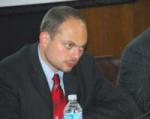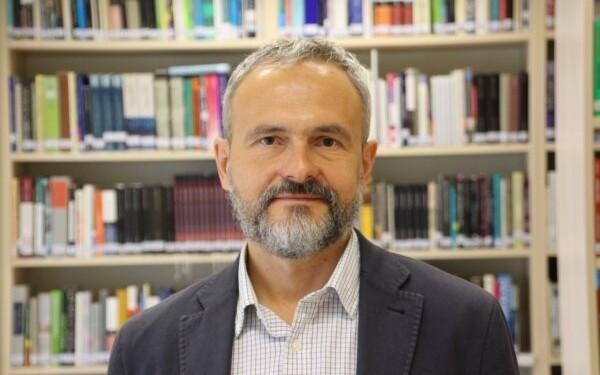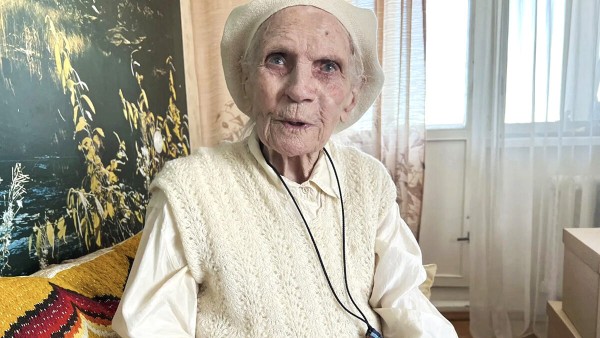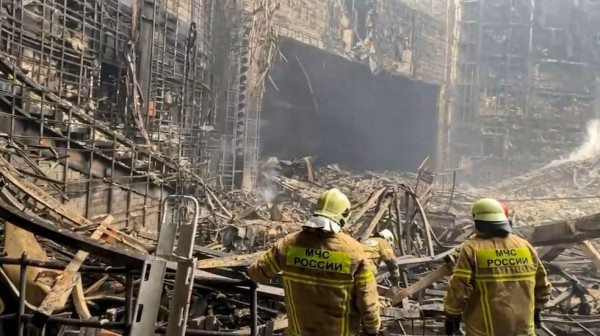
CHELYABINSK, Russia — When, about an hour into the roundtable discussion on elections hosted by the Open Russia movement in this city in the Southern Urals on December 17th, SWAT teams and officers of the Emergencies Ministry stormed the room and ordered a forced evacuation, the speakers could not hide their smiles. Ten days earlier, exactly the same scenario—forced evacuation after an anonymous “bomb threat”—was used by the authorities in St. Petersburg in an attempt to sabotage the Open Russia conference there. That forum was also centered on the topic of Russia’s parliamentary elections, now less than two years away. “The regime is genuinely afraid of a serious and honest conversation about elections, because elections are becoming a problem for this regime,” said Russian political analyst Dmitry Oreshkin, who participated in the Chelyabinsk roundtable and was also shepherded outside by the police. “The worse our citizens live economically, the stronger their desire to change the situation.” Needless to say, both “bomb threats” proved to be bogus.
The Kremlin’s response to the activities of Open Russia—a movement founded by former political prisoner Mikhail Khodorkovsky as a platform for pro-democracy and civil society activists—shows its evident fear of Russian citizens engaging in unfettered public debates about what is happening in the country. Having made Parliament and most of the media “not a place for discussion” (the words of a former Duma speaker), the authorities seem determined to prevent such discussions even in a civil society setting. So far, it must be said, without much success: in St. Petersburg, forum participants flatly refused to leave the “mine-studded” hall, continuing with the speeches and debates despite the presence of shouting police officers, the absence of electricity, and the deafening sound of sirens. In Chelyabinsk, the speakers immediately resumed their discussions on the sidewalk outside the evacuated building. “If people hold their ground, the authorities often retreat,” noted Khodorkovsky.
The evacuated building was the third location for Open Russia’s forum in Chelyabinsk. The event was initially planned to be held at the Radisson Blu hotel—but its management abruptly cancelled the lease agreement at the orders of the FSB about an hour before the roundtable was supposed to begin (which raises the interesting question of what the US-owned Radisson hotel chain thinks of its Russian affiliate carrying out the political orders of Vladimir Putin’s secret services). The second intended location, the local office of the liberal Yabloko party, had its door lock sabotaged; it took hours to unblock.
“No wonder Russian opposition thinks things are so bad there,” quipped Radio Free Europe/Radio Liberty journalist Robert Coalson. “Every time they meet, there is no electricity.”
And every time this happens, one cannot help but ask: Would a genuinely popular government that claims to have “84 percent approval” be so afraid of its own citizens as to use the full resources of the state to try to prevent them from engaging in peaceful debate?
























